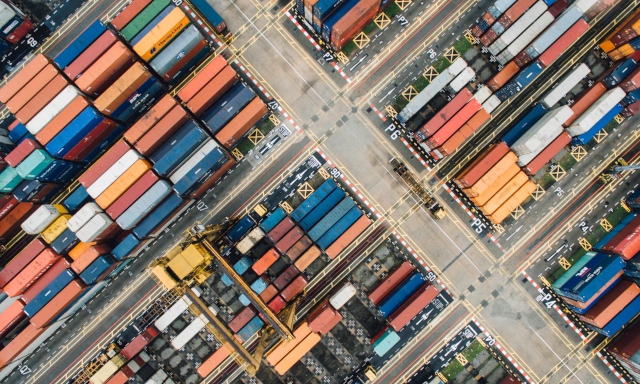
In 2007, just before the start of the crisis, up to 93 shipping companies were announcing their regular import and export services in the port of Barcelona. Around fifty maritime agents located in the city of Barcelona and its metropolitan area managed these services.
There were also another 25 shipping agents exclusively specialized in working for shipowners who operated their vessels under the TRAMP regime. So, the number of licensed maritime agents that year was 75.
Thirty-eight of the regular maritime services that were advertised corresponded to ro-ro, conventional or mixed vessels. While the rest, about 53 shipowners, were container ships.

Once the crisis was apparently overcome, we can see that:
- The total number of regular maritime services in Barcelona is just over 70, so the offer has reduced by 20%.
- But it has been an unequal reduction since the total decrease in container ship services has been only 7%, while the number of conventional, ro-ro, mixed shipping companies have reduced by over 40%.
Perhaps the reduction of services is more noticeable in those established with the Far East. Since it’s the most demanding and competitive market for shipowners, only the biggest can maintain themselves. Moreover, this requires cooperation between them. It’s the Champions League of maritime transport.
Besides the recent merger of the three main Japanese shipping companies, other names such as China Shipping, Hanjin, Norasia or MISC no longer advertise their services and their rates in our port since they cannot survive on their own. They have been sacrificed to the goddess globalization.
With the crisis officially overcome, the active shipping agents surpass 60. Of those, more than twenty represent TRAMP shipowners while the other forty attend and promote the regular services, in addition to the shipowners who may request the service.
Lastly, if we put the focus on the main activities, we can happily see that 2018 has been a record year for container and passenger traffic. With the movement of vehicles as the only one of the important traffics that maintains a low profile. This lack of increase in activity is what has caused, as we mentioned before, that the number of shipowners offering ro-ro/cv/car carriers services has gone from almost forty in 2007 to just over twenty in the present.

The export effort.
In 2007, the total of tons loaded and unloaded in our port reached 50 million, of which 61% corresponded to imports.
In 2017, 60 million tons were moved, that is 10 million tons more than before the start of the crisis.
This increase is not due to import, which has remained practically the same volume of tons (30/31 million), but is exclusively generated by the export, which has gone from 19.5 million / ton in 2007 to 29 million / ton in 2017.
The export effort of companies in the hinterland of Barcelona has been gigantic.
VR Mercante.











